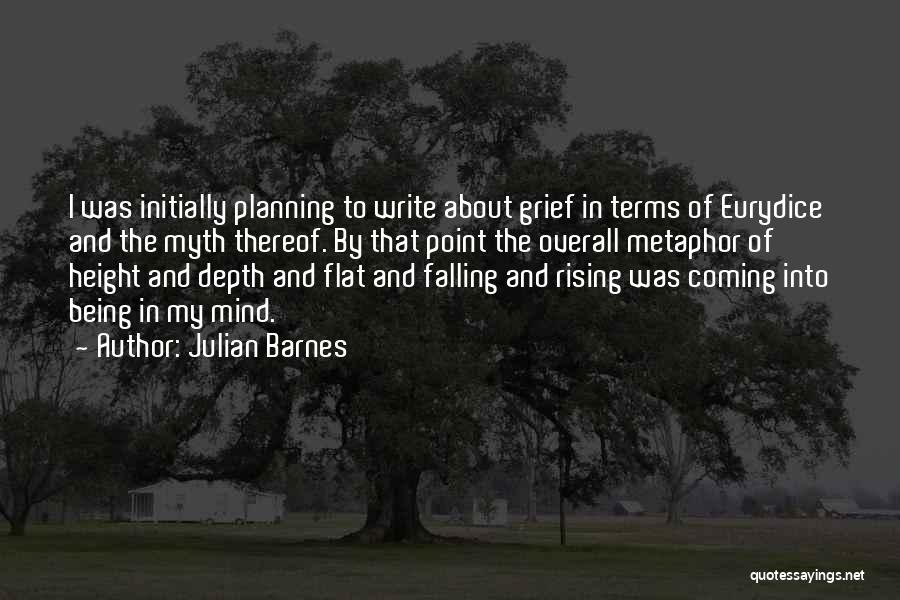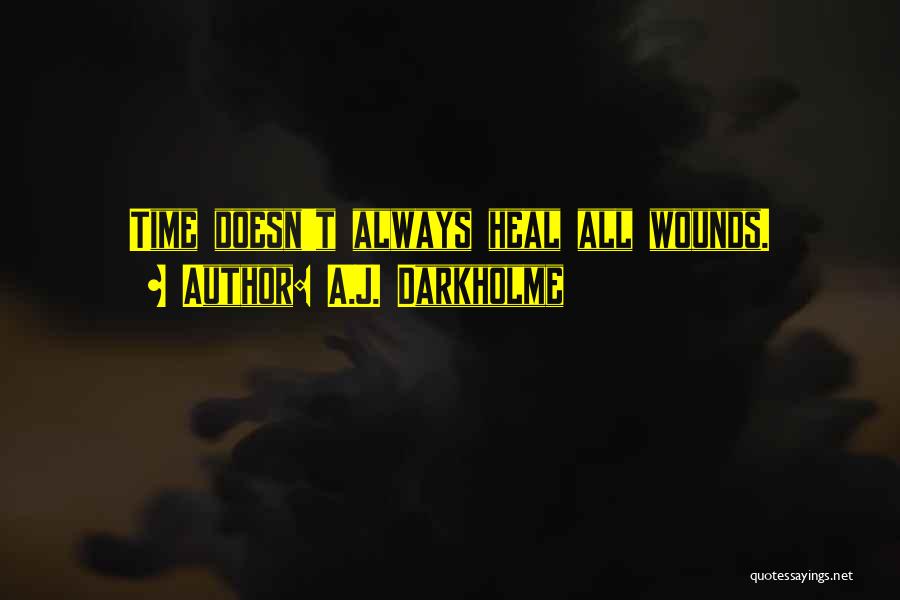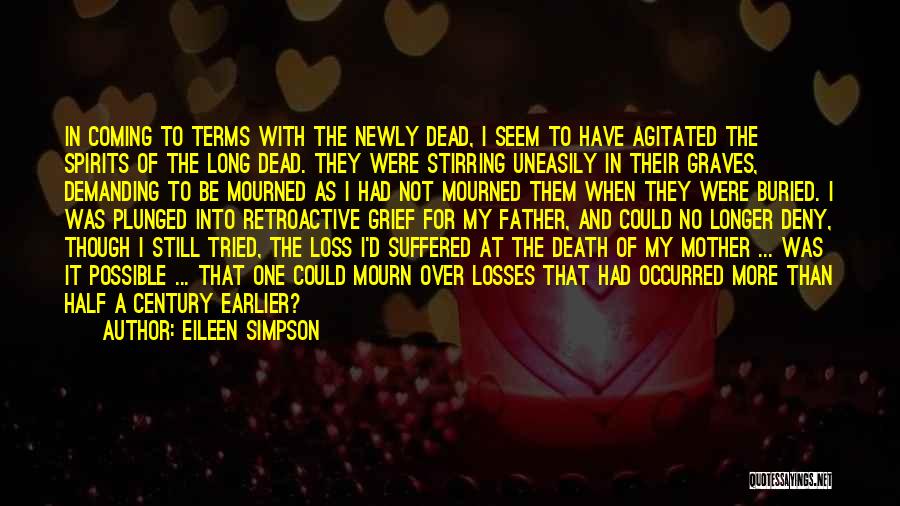Coming To Terms With Grief Quotes & Sayings
Enjoy reading and share 4 famous quotes about Coming To Terms With Grief with everyone.
Top Coming To Terms With Grief Quotes

I was initially planning to write about grief in terms of Eurydice and the myth thereof. By that point the overall metaphor of height and depth and flat and falling and rising was coming into being in my mind. — Julian Barnes

Time doesn't always heal all wounds. — A.J. Darkholme

Grief. The first is anticipatory. This is hospice grief. Prognostic grief. This is the grief that comes when you drive your dog to the vet for the very last time. This is the death row inmate's family's grief. See that pain in the distance? It's on its way. This is the grief that it is somewhat possible to prepare for. You finish all business. You come to terms. Goodbyes are said and said again. Anguish stalks the chambers of your heart and you steel yourself for the impending presence of an everlasting absence. This grief is an instrument of torture. It squeezes and pulls and presses down. Grief that follows an immediate loss comes on like a stab wound. This is the second kind of grief. It is a cutting pain and it is always a surprise. You never see it coming. It is a grief that can't be — Jill Alexander Essbaum

In coming to terms with the newly dead, I seem to have agitated the spirits of the long dead. They were stirring uneasily in their graves, demanding to be mourned as I had not mourned them when they were buried. I was plunged into retroactive grief for my father, and could no longer deny, though I still tried, the loss I'd suffered at the death of my mother ... Was it possible ... that one could mourn over losses that had occurred more than half a century earlier? — Eileen Simpson





